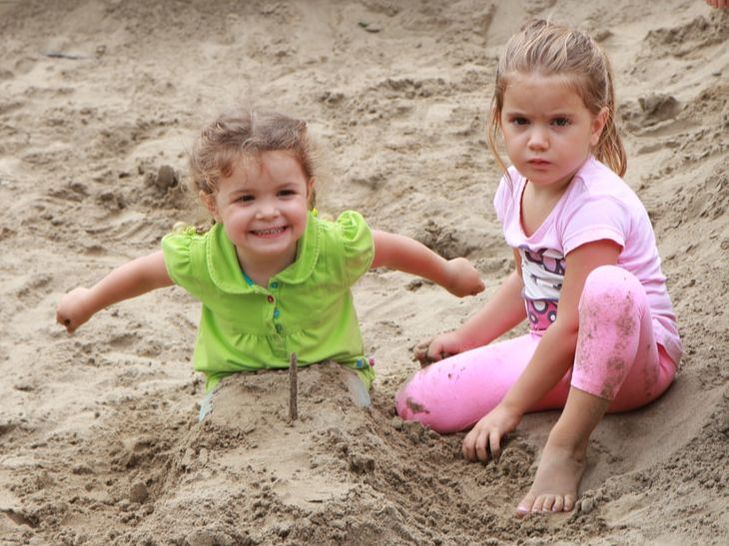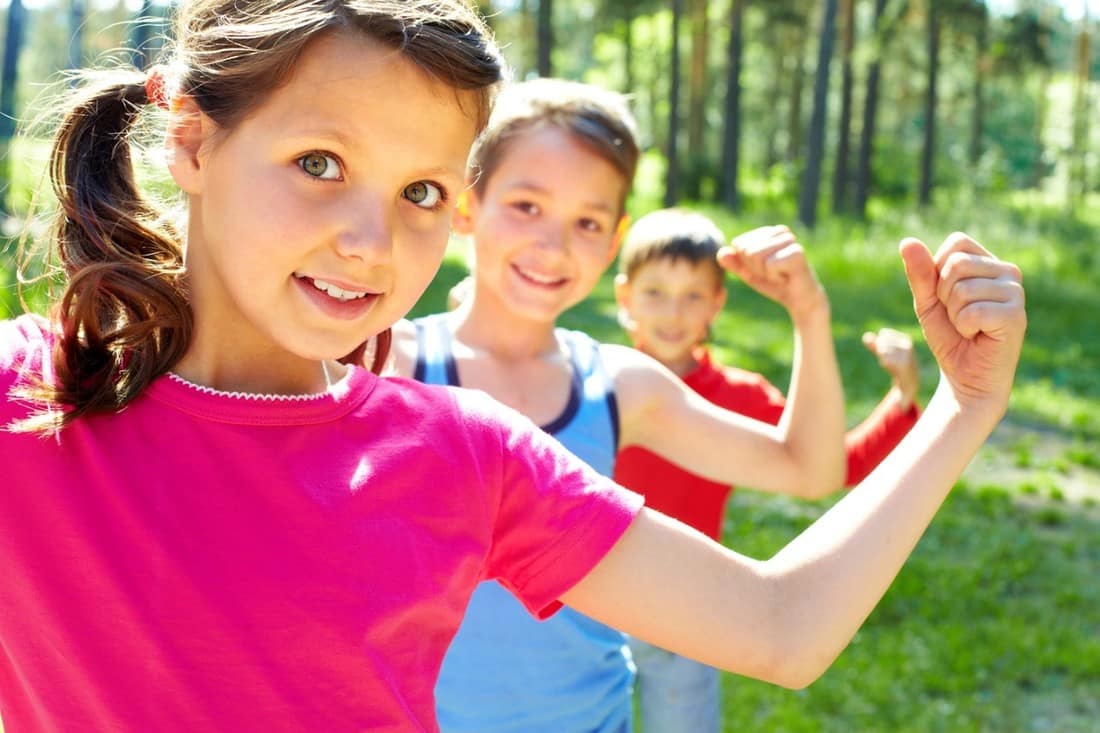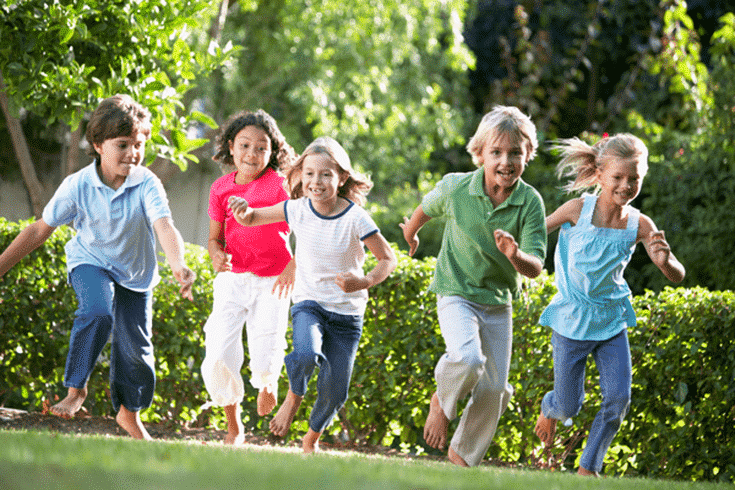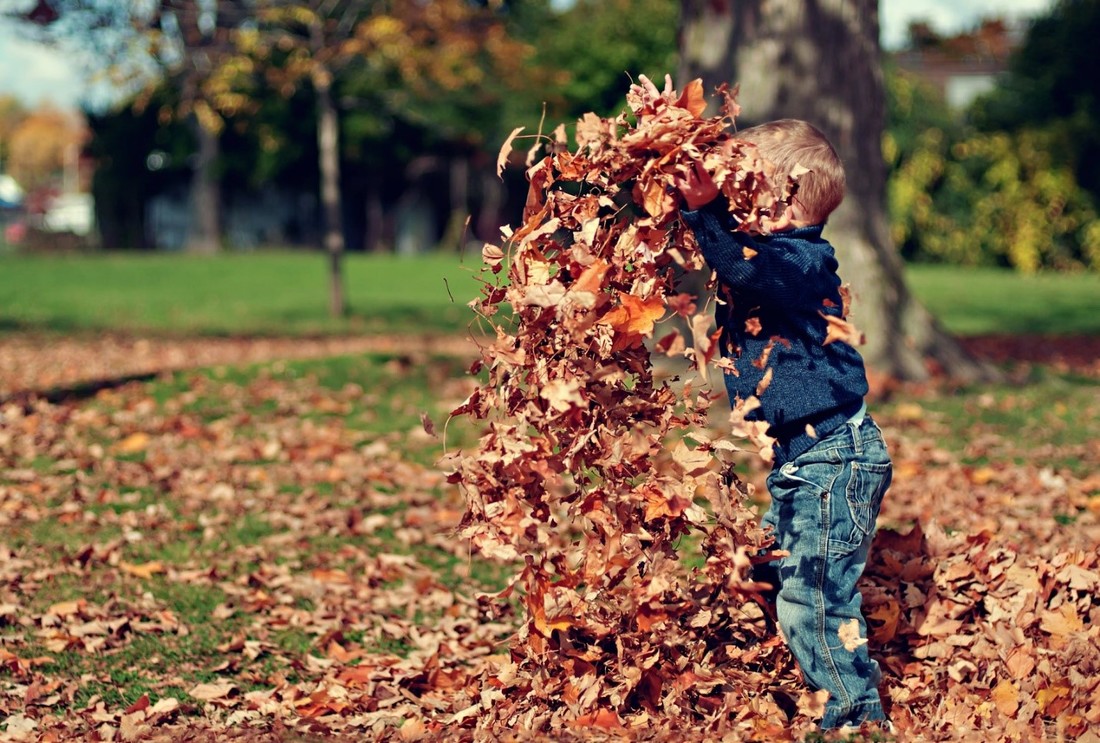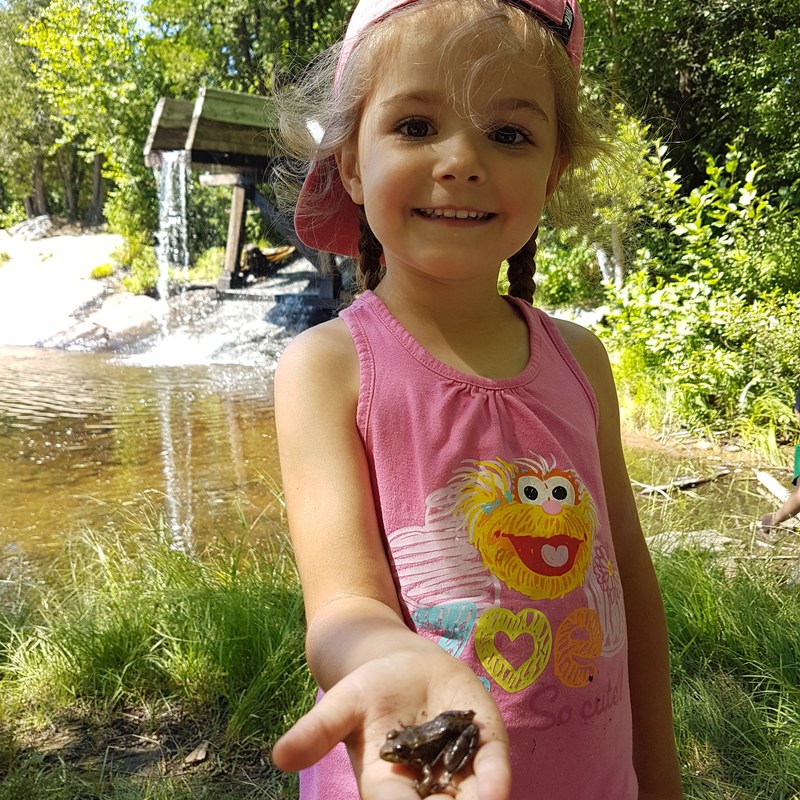No products in the cart.
Summer is a perfect time to be outside and playing freely with adequate sun protection and heeding heat warnings of course.
I remember when I was young, I enjoyed playing and getting dirty, climbing trees, and digging in the dirt. I also remember digging in my mom’s flower garden for worms and collecting them in a cup (I can’t remember for what). Unfortunately, I totally forgot about those worms and found them all dried up the next summer in the garage. * I’m so sorry worms!* It saddens me that these days kids are spending more time indoors and not experiencing the same things that I had growing up.
As a parent, I get it. I mean, who wants to spend time trying to get all the mud and grass stains out of hair and clothing and of course off the floors? Then there is also the issue of having a safe place for children to play outdoors either with supervision or in enclosed spaces like a backyard.
Honestly, I believe that dirt is good for my children and when I think about my own childhood and the things that I enjoyed, I have to put my parental compulsions aside. I’m not saying that I’m going to start slopping mud all over my kids or that I don’t cringe when I see their dirty clothes but what I am saying is that it’s ok to let them get dirty and here’s why.
1) It boosts the immune system and promotes general health.
Photo credit Hammerathletic
Quick disclaimer, I’m not saying that there aren’t other factors that play into the development of disease or allergies, nor am I claiming that exposure to dirt is the answer to all things. There are microbes naturally in dirt and exposure to such microbes can help stimulate the immune system and promote long-term health. Without enough exposure to different bacteria and microbes, the immune system doesn’t learn to recognize what’s foreign versus its own cells and could end up triggering an immune response.
When I look at my circle of friends, and acquaintances, it seems that we live in a hyperclean world and there is a higher incidence of allergies, disease, and sickness. I am pretty proud of the fact that my kids don’t get sick so easily and that they don’t have any allergies. Hubby calls me a tank – he’ll get sick before I do and I can be around him and not catch anything. So maybe it’s part genetics but maybe also exposure to dirt.
Professor Finlay, a Professor of Microbiology at the University of British Columbia, whose work is around microbes and bacterial infections suggests that children be allowed to touch anything they want (within reason), including dirt, mud, trees, plants, and insects. Children also like to put things in their mouths and this can include sand or dirt. Finlay also suggests, that parents not freak out if dirt or sand ends up in their children’s mouths and they’ll realize that it doesn’t taste good and likely won’t develop a habit of it. To read more, here’s the link
2) Promotes overall health and well-being.
Photo credit brighter-horizons-preschool.wikispaces
Being outdoors is good for physical as well as mental health. I know that when I’m outdoors, breathing in the fresh air and looking at green spaces, my outlook is lifted and my stress levels fall. Has been proven that the same would follow for children as well. It’s rare to see unhappy children when they are playing outside and let’s not kid ourselves either, it’s just not realistic to expect our children to be dirt-free.
3) It facilitates children’s development.
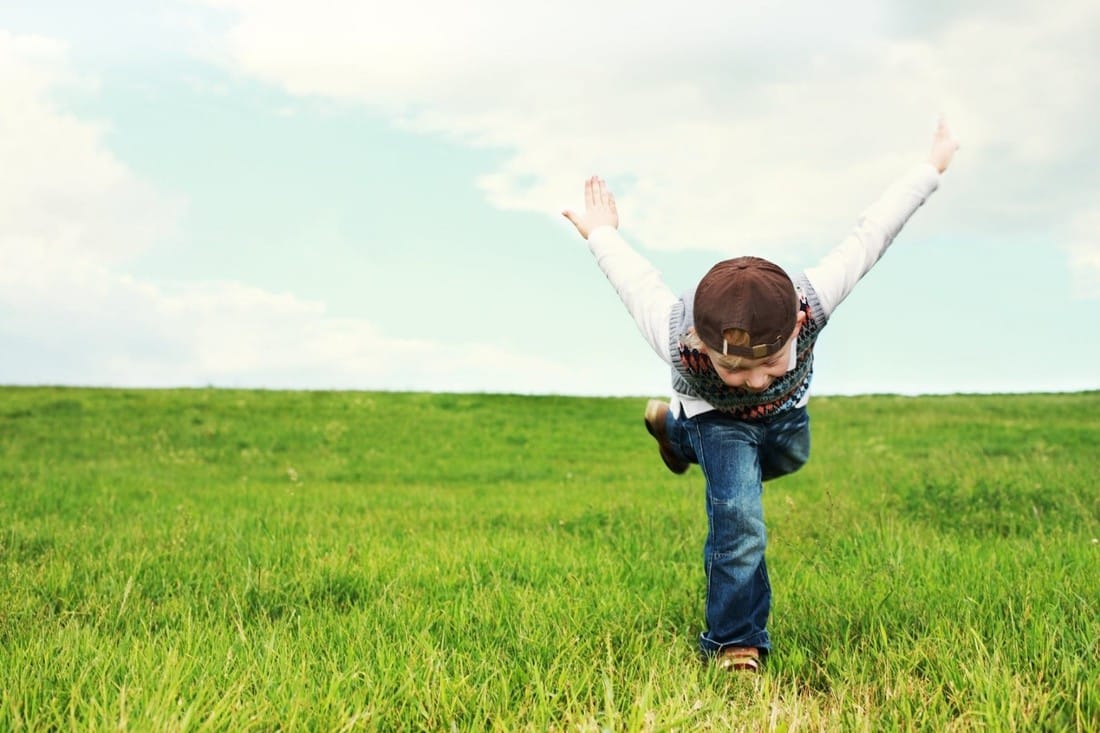 Photo credit: Pixabay
Photo credit: Pixabay
Many of my friends overseas are very concerned about giving their children the best academic success and advantage and have their children enrolled in a number of classes and activities. To each their own of course but in my mind, childhood is a very short amount of time and often the most impactful.
Academics are just one piece of life and when we look at it, there are numerous examples of people in the world who may not be academically strong but have done amazing things. In fact, there have been some studies that suggest that playing outdoors can aid children’s development in a number of ways:
- boosting creativity,
- fostering thoughtfulness and sense of purpose,
- promoting self-motivation and an adventurous spirit,
- build self-confidence,
- be able to better understand and assess risk.
3) Engagement of multiple senses and deeper memory coding
Imagine this: It’s fall or autumn if you prefer. You see the vibrant yellows, oranges, and reds of the leaves on the trees and on the ground. And you hear the crunch, crunch, crunch of leaves as you walk on them. Then you smell the crisp fall air and baked apples and cinnamon coming from somewhere in the distance. You see a pile of leaves and you feel the leaves crumble as you pick them up. At last, you toss them in the air and smile as they swirl and tumble around you.
Our brains are amazing and it is this organ that gives us our unique experience of the world.
Research has shown that:
1) Our brain codes sensory information differently and the more senses that were stimulated when coding a particular learning or memory, the more likely that it will be retained and retrievable and
2) When it comes to memories and what our brains hold on to, those that trigger a strong emotion (joy, sadness) are what we ultimately remember. This is something that may be observed in people with dementia who don’t recognize a familiar person when they see them but perhaps still remembers them when they hear a song that’s associated with a memory of that person.
Being outdoors engages multiple senses and this is something that at this time books, television, video games, and DVDs simply cannot do. If you think back about many of your memories, you’ll notice that all the memories that stand out involve more than one sense and definitely some kind of emotion.
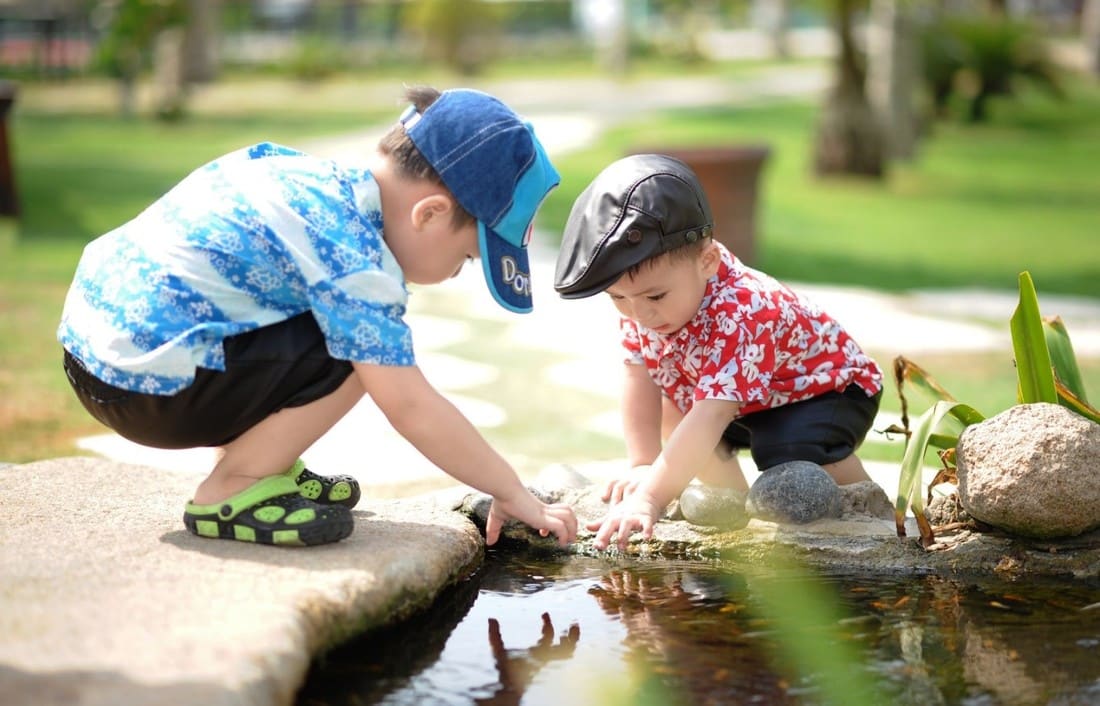 Photo credit: Pixabay
Photo credit: Pixabay
Playing and spending time outdoors can help children be curious about nature. They can learn to appreciate its beauty and feel connected to the world around them. These days our children don’t have many opportunities to play outside. Without that connection, it’s very difficult for them to care about and respect the environment.
I hope that my children will find a way to protect the world and leave it in a better shape than it is.
May both you and your children relish your days with just some dirt and tons of fun!
Julie
Julie

